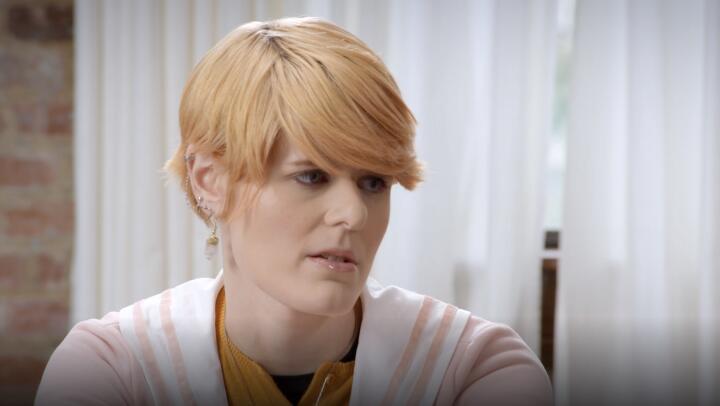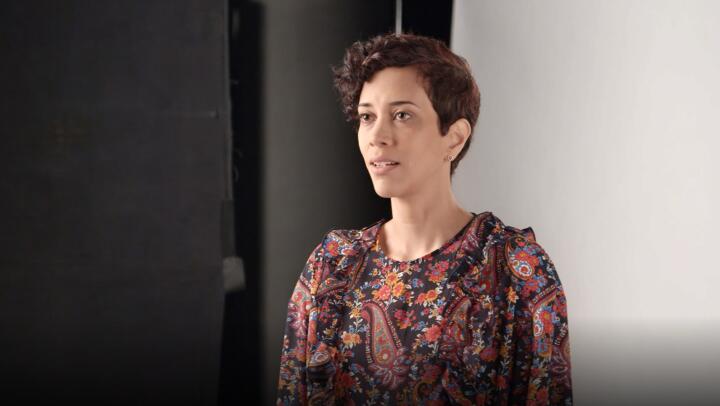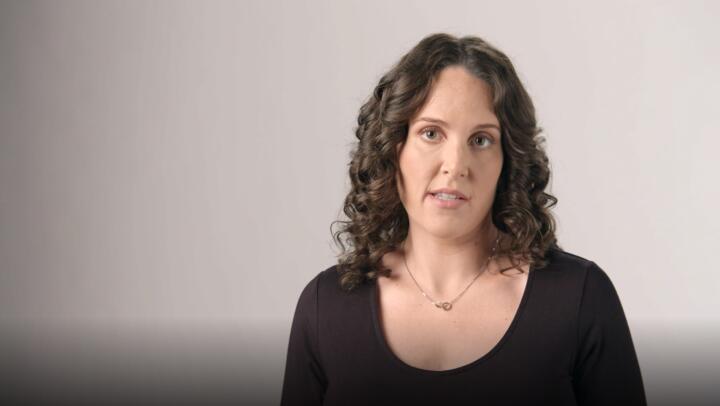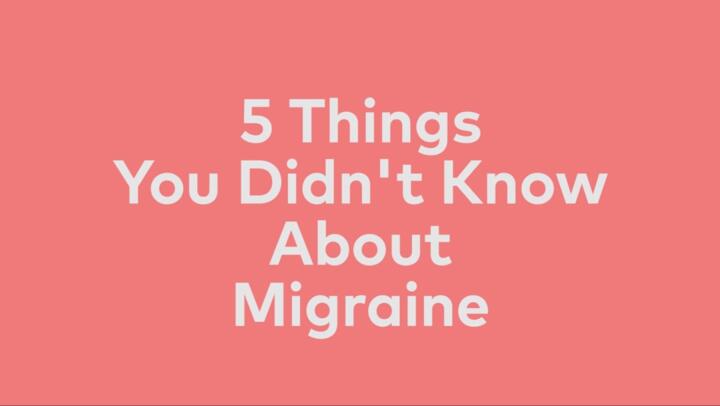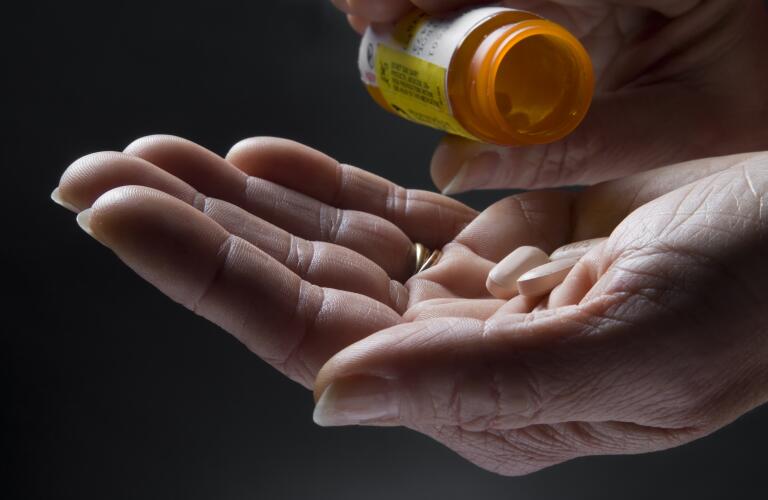
While there is no cure for migraine, several powerful medications have been shown to combat both the severity and frequency of migraine attacks. Some of these drugs were initially created to treat other conditions, such as depression and epilepsy. Researchers have found the same active ingredients also to be effective for migraine.
Migraine is three times more common among women than men. The condition affects 12% of the U.S. population and more than 10% of people worldwide. Stress, anxiety, food, hormone changes, lack of sleep, and light and sound can set off a migraine.
Different drugs for migraine work on your brain in different ways. Some prevent migraines by easing blood flow; others do so by calming brain nerve cells.
Triptans
Triptans are recommended by the American Academy of Neurology as a treatment for migraine. Triptans include sumatriptan (Imitrex or Treximet), frovatriptan (Frova), naratriptan (Amerge), and zolmitriptan (Zomig). The latter three triptans, in particular, have proven effective in the treatment of menstrual-related migraine.
Taken as oral tablets, nasal sprays, or injections, triptans work by increasing levels of serotonin, a critical brain chemical. Not only is serotonin important for mood stability, it also causes blood vessels to narrow and can help minimize migraine-related pain.
Epilepsy Drugs
Two drugs that were manufactured to fight epilepsy also work to prevent migraine. Researchers have found that divalproex (Depakote) and topiramate (Topamax) have consistently prevented migraines. Other medications used for epilepsy have not proven to be as effective.
Antidepressants
Given the importance of serotonin in brain cell function, it may come as no surprise that antidepressant drugs, called selective serotonin reuptake inhibitors (SSRI), can also treat migraine. Other antidepressant drugs called tricyclics, including amitriptyline (Amitid) and venlafaxine (Effexor), are particularly effective against migraine.
Beta Blockers
Some drugs prescribed to lower blood pressure and protect against heart disease also work in preventing migraine. The scientific evidence is strongest for the beta blockers metoprolol (Lopressor), propranolol (Inderal), and timolol (Betimol).
Botulinum Toxin
Botulinum toxin (Botox) isn’t just for smoothing out wrinkles–it can also help prevent migraine attacks in those with more than 15 headache days a month. When injected into key areas of the face and scalp, Botox blocks your brain’s pain response from activating. Your doctor will perform the Botox injections every three months, and many patients report experiencing 50% fewer headache days after their second treatment.
CGRP Blockers
Given by injection, these new medications, like erenumab (Aimovig), fremanezumab (Ajovy), and galcanezumab (Emgality), are the first drugs specifically developed to prevent migraines and reduce their severity. By blocking a molecule thought to instigate and intensify migraines, CGRP blockers have been shown to cut migraine frequency by half for many patients.
Key Takeaways
- There is no cure for migraine, but medications can combat both the severity and frequency of migraine attacks.
- Different drugs used to treat migraine work in different ways. Some prevent migraines by easing blood flow; others do so by calming brain nerve cells.
- Drugs that can prevent migraines include triptans, epilepsy drugs, antidepressants, beta blockers, botulinum toxin, and CGRP blockers.
- Migraine treatment is customized. Affected patients respond differently to each medication and drug combination. Migraine sufferers and their doctors work together to determine which drug regimen works best with the fewest side effects.








